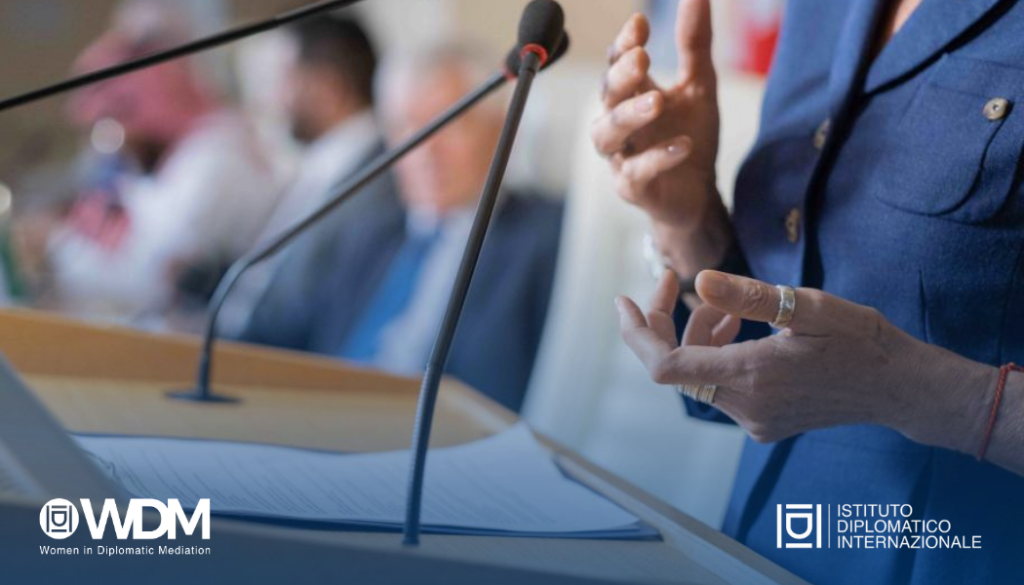During its 76th session, the United Nation general assembly declared by consensus the 24th of June the “International Day of Women in Diplomacy”.
It’s common knowledge that men have always held the top diplomatic positions, as well as for most public positions in politics and other areas. Women instead have always represented a small minority despite their contributions, like their crucial role in global governance since the drafting and signing of the United Nations Charter in 1945.
Thankfully, in recent years there has been a strong growth of female participation in institutional roles, thanks to an increasing inclusiveness and the introduction of the so-called “Pink Quotas” in many countries worldwide.
That is why it was necessary to establish this international day in order to increasingly support the role of many women in postgraduate relations, commend their commitment and raise the self-awareness of many young women who are interested in holding diplomatic positions in the future.
But specifically, how can governments and institutions contribute to this?
First of all, Governments and international institutions should officially recognize and endorse International Day for Women in Diplomacy. This recognition can be in the form of statements, proclamations, or resolutions issued by relevant authorities. Then institutions could promote awareness of the day through various channels (such as social media, press releases, and official websites), encourage the public to engage in discussions and activities related to women’s roles in diplomacy and organize events, seminars, or conferences that highlight the achievements and contributions of women in diplomacy, also by inviting successful women diplomats to share their experiences and insights.
Another idea could be establishing mentorship and training programs for women in diplomacy to help them develop the necessary skills and networks for success. These programs can provide guidance, coaching, and support for young and motivated talents.
Last but not least, it’s important to emphasize that rather than focusing on just one day, institutions should start a long-term commitment program in order to promote gender equality in diplomacy.
Setting targets, starting new initiatives and changing the policies is the only way to permanently solve this gap.
By implementing these strategies, governments and institutions can contribute to the importance of the International Day for Women in Diplomacy and work towards a more gender-inclusive and diverse diplomatic community.

